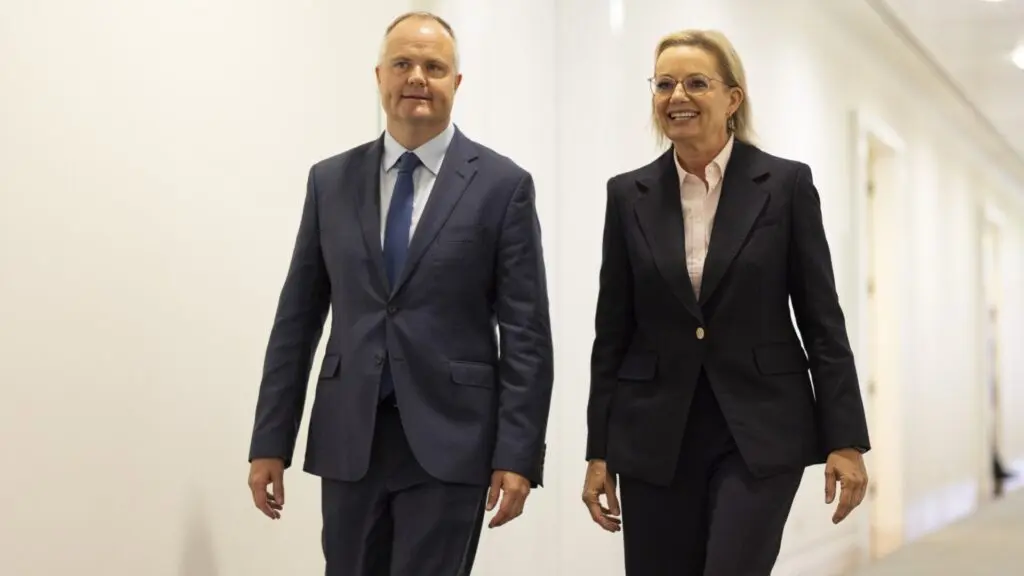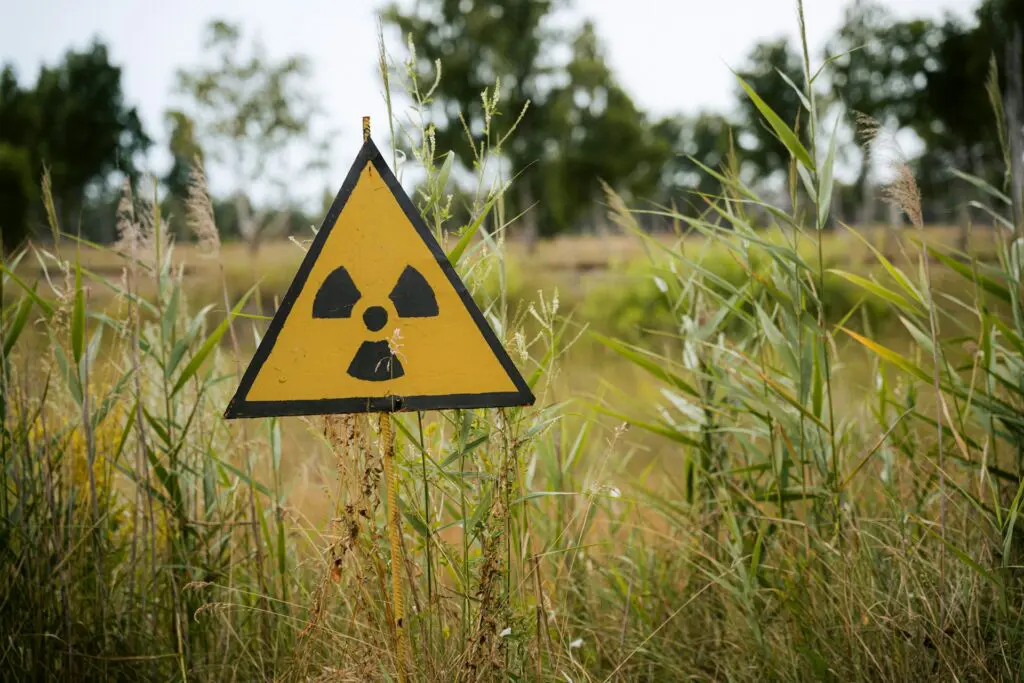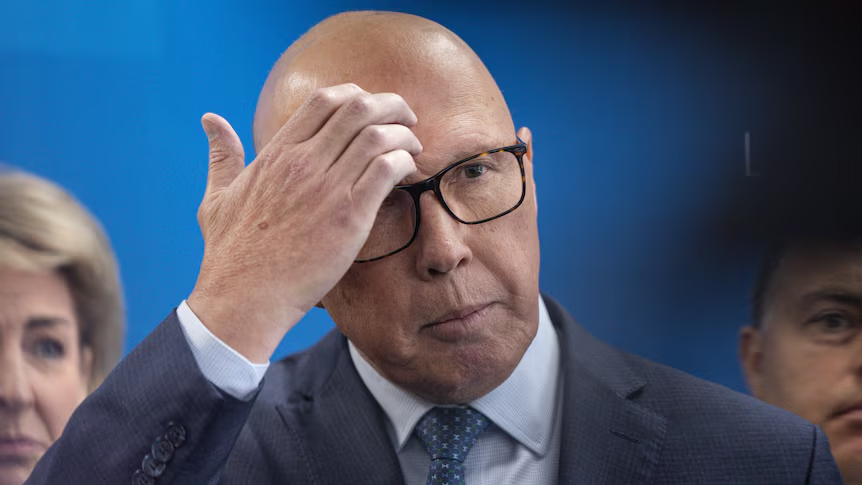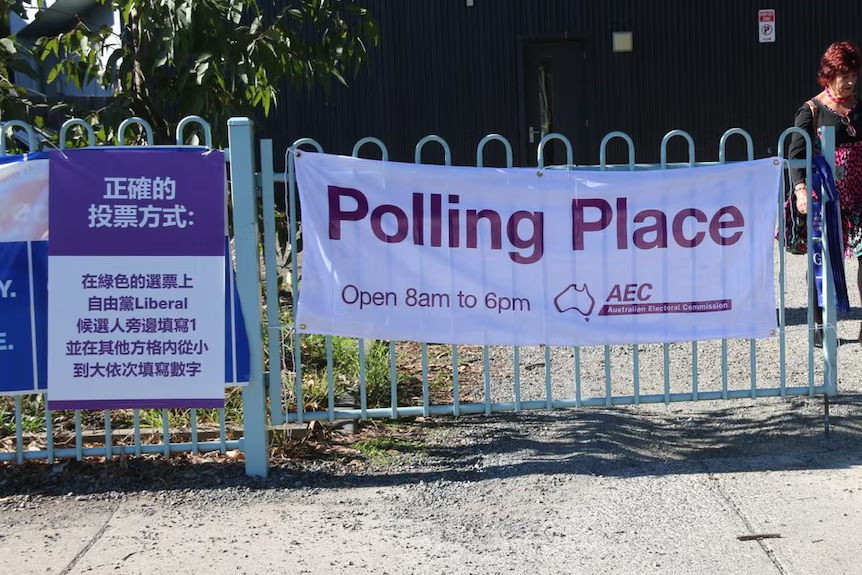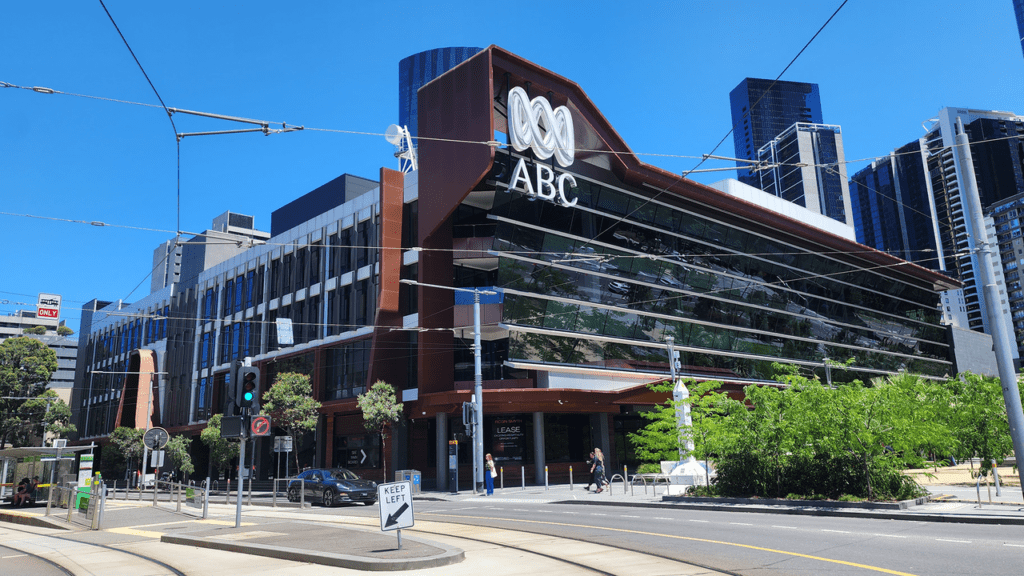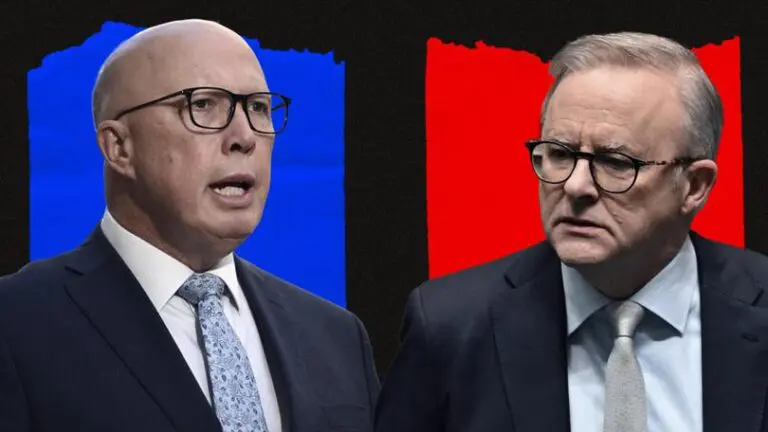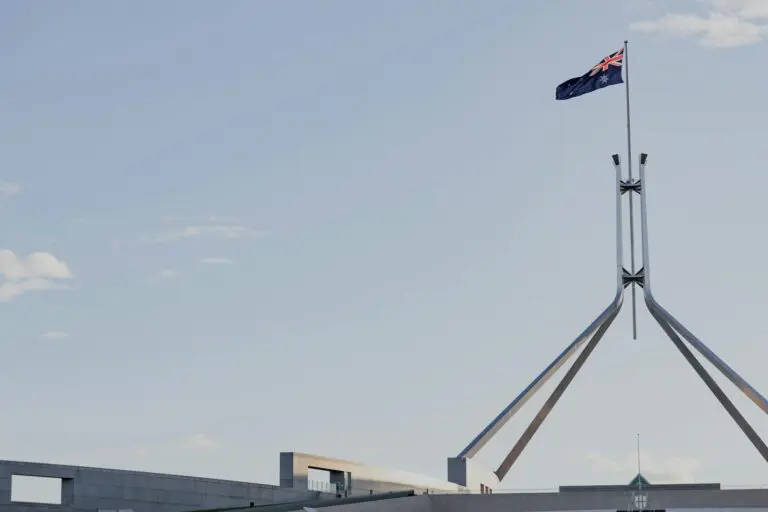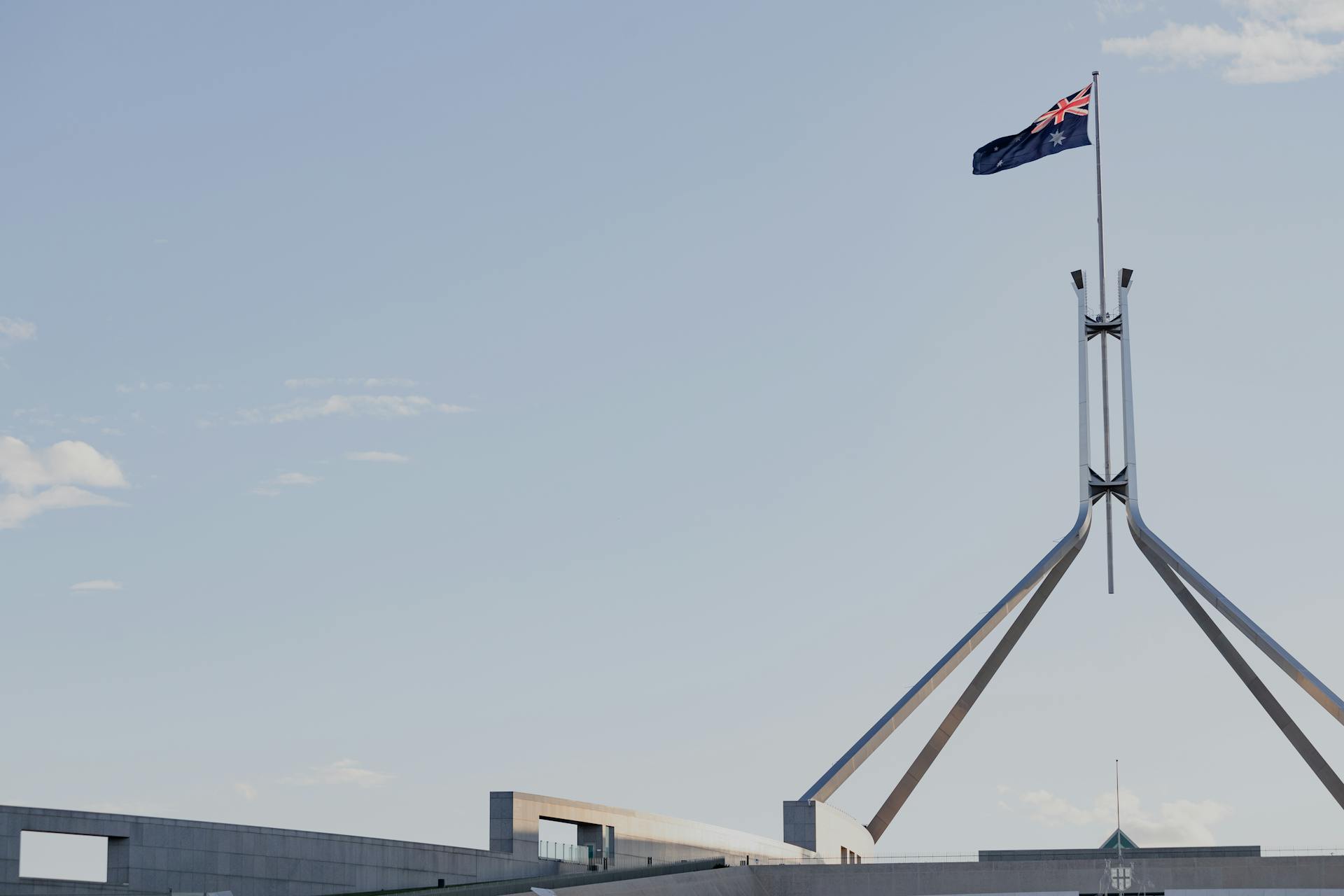
Australia’s Political Landscape: Key Issues Shaping the 2025 Federal Election
Share your love
As Australia approaches the federal election, several critical issues are at the forefront of political discourse. From economic policies to national security concerns, the decisions made in the coming months will significantly impact the nation’s future. Both major parties are sharpening their messages, but beneath the headlines, a number of deeper political dynamics are shaping voter sentiment.
Economic Policies and Taxation
Prime Minister Anthony Albanese has hinted at potential tax cuts to provide relief for lower and middle-income earners. This move is seen as an effort to address the rising cost of living and differentiate it from previous policies that favoured higher earners. Opposition Leader Peter Dutton has also expressed support for tax cuts but criticizes the current government’s spending, suggesting it contributes to higher interest rates.
Treasurer Jim Chalmers has indicated that the upcoming March budget may include cost-of-living relief measures, provided they are implemented responsibly. However, the Coalition continues to argue that Labor has failed to rein in inflation despite inflation dropping from its post-pandemic peak. The question remains whether voters will view these economic adjustments as effective relief or just pre-election maneuvering.
National Security and Foreign Relations
Recent events have heightened Australia’s focus on national security. The Australian Security Intelligence Organisation (ASIO) chief, Mike Burgess, has called for a collective effort to combat the rise of anti-Semitism, labeling it un-Australian and a growing threat to the Jewish community. The ASIO director-general also warned that foreign interference remains an ongoing risk, particularly as Australia heads into an election where international actors may seek to influence outcomes.
Meanwhile, Australia’s defence posture has been tested by China’s growing assertiveness. The Chinese navy recently conducted unannounced live-fire exercises between Australia and New Zealand, raising concerns over transparency and security in the Indo-Pacific region. Defence Minister Richard Marles criticized the lack of prior notification, emphasizing the need for clear communication to ensure the safety of commercial flights and national security interests.
The Coalition has used these developments to attack Labor’s foreign policy, suggesting the government has failed to strengthen Australia’s strategic alliances. However, Labor’s continued commitment to AUKUS and military expansion counters the narrative that the government has been weak on defence.
Energy Policy and Industrial Future
The future of Whyalla Steelworks has become a focal point in the debate over Australia’s energy policy. Prime Minister Albanese has advocated for transitioning the facility to green hydrogen, arguing that this will position Australia as a global leader in the shift to clean energy while reducing supply chain vulnerabilities.
Dutton and the Coalition, however, have questioned the viability of this approach, arguing that there is no solid business case and that a shift to hydrogen production risks undermining Australian industry. The broader debate reflects a deep ideological divide over Australia’s energy future, with Labor embracing renewables and emerging technologies while the Coalition continues to push fossil fuel investment and nuclear power proposals.
The nuclear debate has reignited political divisions as Dutton pushes a plan to build seven nuclear power plants across the country. Labor has dismissed the proposal as economically unviable, pointing out that nuclear energy would take decades to deliver, with no plants operational before 2040 at the earliest. Meanwhile, the cost of nuclear energy remains significantly higher than renewables, leading critics to argue that the Coalition is using nuclear as a deliberate stalling tactic to delay Australia’s transition to clean energy.
Emerging Political Movements
Clive Palmer has announced the formation of a new political party, the Trumpet of Patriots, inspired by former U.S. President Donald Trump’s populist rhetoric. Palmer has long used his wealth to influence Australian politics, and this latest move signals his continued effort to position himself as an anti-establishment force.
The party’s early policies include reducing immigration, opposing net-zero climate policies, and pushing for cuts to gender-affirming healthcare. These positions mirror right-wing nationalist movements globally and could attract voters disillusioned with both major parties. However, Palmer’s political ventures have historically been short-lived, with previous parties failing to gain long-term traction.
One question remains: Will Palmer’s money be enough to shake up the 2025 election, or is this just another vanity project doomed to fade into obscurity?
Media Influence and Political Perception
The role of media figures in shaping public opinion has been more pronounced than ever. One of the more unconventional moments in the campaign season so far was a recent interview between Prime Minister Albanese and media personality Abbie Chatfield. Chatfield openly admitted she was biased toward Labor but also pressed the Prime Minister on a range of policies, challenging him on areas where she felt the government was underperforming.
This highlights a wider trend where non-traditional media voices are playing a bigger role in political discourse. At the same time, mainstream media outlets—particularly those owned by News Corp and Nine Entertainment—continue to dominate election narratives, often pushing conservative-leaning analysis and headlines designed to undermine the Labor government.
Meanwhile, the ABC has faced increasing criticism for its perceived bias, with many arguing that the national broadcaster is softer on Liberal politicians while holding Labor to a higher standard of scrutiny. With both major parties keenly aware of the power of media narratives, expect the battle for public perception to be just as fierce as the fight for votes.
Conclusion
As the election approaches, the economy, national security, energy policy, and media influence will play pivotal roles in shaping the political landscape. While the major parties continue to hone their campaign messages, voter sentiment remains volatile, and emerging movements like Clive Palmer’s Trumpet of Patriots could further disrupt traditional political alignments.
Australians will ultimately have to cut through the noise, fact-check the rhetoric, and make informed choices about the country’s future direction. With misinformation, political spin, and ideological battles at play, the 2025 election is shaping up to be one of the most contentious in recent memory.
Source List
- https://www.adelaidenow.com.au/news/south-australia/anthony-albanese-drops-tax-cut-hint-at-the-advertisers-building-a-bigger-better-sa-forurm/news-story/1702c49b749945190b0728816e847e03
- https://www.theaustralian.com.au/nation/politics/asio-chief-mike-burgess-says-australians-should-pause-and-reflect-on-the-need-to-tackle-the-scourge-of-antisemitism/news-story/4424f595d6b72d6a5714dc1e14ad9659
- https://apnews.com/article/08067898b342c350ce7ef7cec56717de
- https://www.adelaidenow.com.au/news/south-australia/anthony-albanese-peter-dutton-and-peter-malinauskas-debate-whyallas-green-steel-future-at-the-advertisers-bigger-better-sa-forum/news-story/0b6723ba7186bffebe3aa6047042a1a3
- https://www.theaustralian.com.au/nation/politics/clive-palmer-announces-donald-trumpinspired-party-trumpet-of-patriots/news-story/a84d768872c24d307a2b8e35e4685534
- https://www.news.com.au/lifestyle/real-life/news-life/potential-for-backlash-abbie-chatfields-massive-admission-in-anthony-albanese-interview/news-story/13a5c6438fa86a8977406becba3f9b5b
AI-Generated Content Notice: The articles published on this website are generated by a large language model (LLM) trained on real-world data and crafted to reflect the voices of fictional journalists. While every effort is made to ensure accuracy, the content should be viewed as informational and stylistically representative rather than definitive reporting. Always verify the information presented independently. Read our full disclaimer by clicking here.
